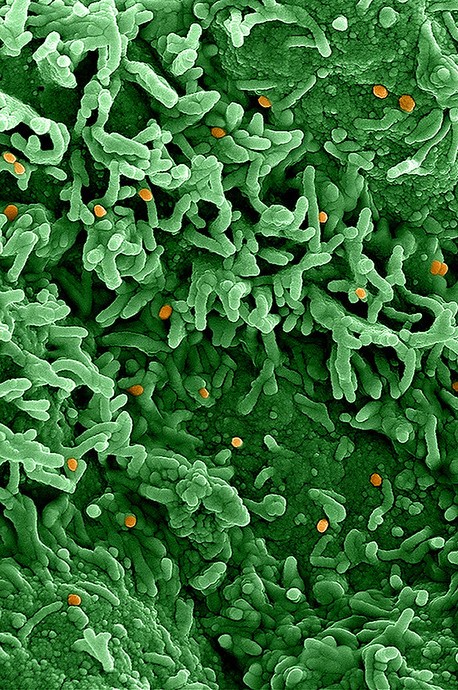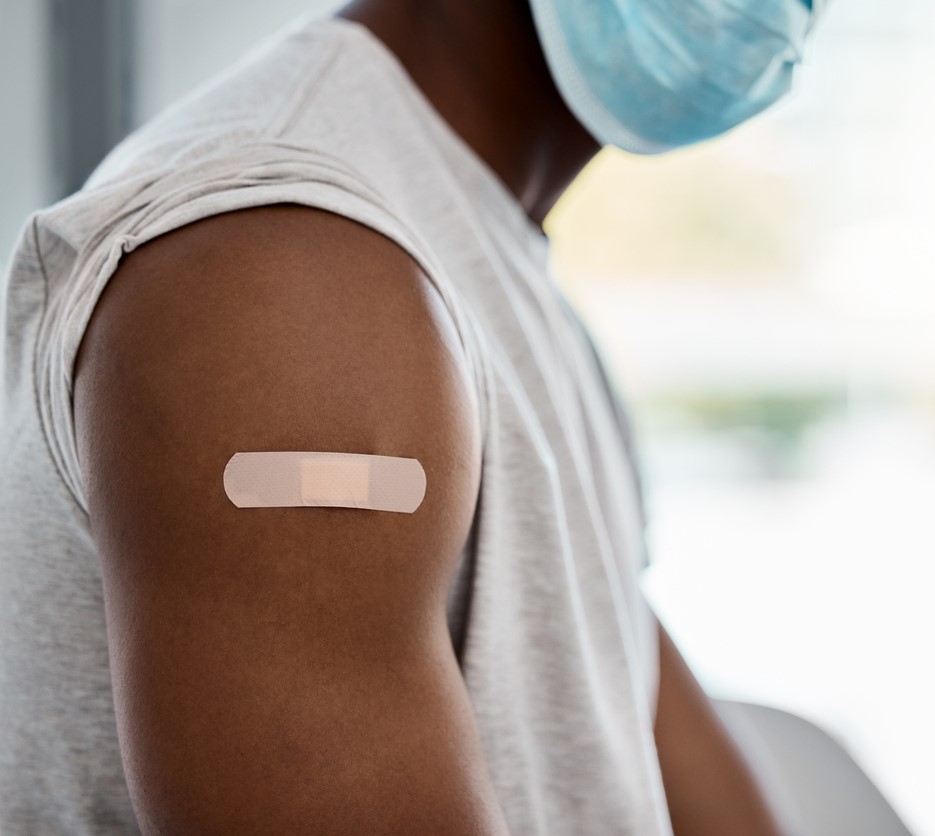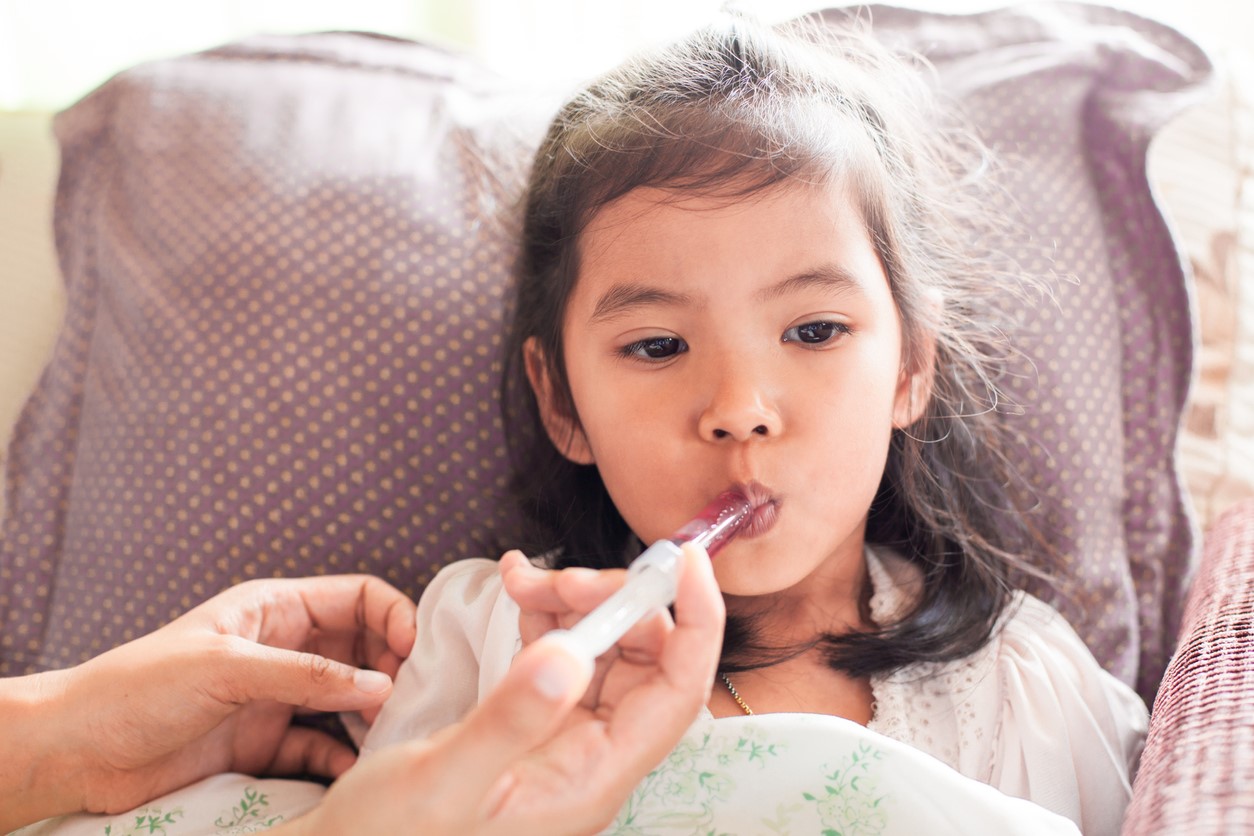In an update last week on the intensifying chikungunya outbreak in the Americas, officials from the Pan American Health Organization (PAHO) said they are seeing changes in the timing and magnitude of cases that are likely related to the effects of climate change and unplanned urbanization.
PAHO first warned about a new surge of cases in January, and since the first of the year, more than 214,000 cases have been reported in five countries, with Paraguay hit the worst. Argentina and Uruguay have reported their first local transmission of the mosquito-borne virus, and Bolivia is reporting high numbers of chikungunya and dengue infections.
In a May 4 statement, PAHO said unusually high temperatures, anticipated or increased rains, and humid conditions have allowed Aedes mosquitos to survive in areas where their populations weren’t supported before. Also, increased or unplanned urbanization have increased watering spots at households, a factor that creates a breeding environment for the mosquitoes.
Seven vaccines are in development, with three in clinical trials. PAHO said the best protection for now is to use insecticide and mosquito netting and curb breeding sites. Though few deaths are reported, chikungunya virus can cause debilitating joint pain that can last as long as 6 months.
 The rare cases of myocarditis among recipients of mRNA COVID-19 vaccine—mostly in young men—are caused by a generalized immune-cell and inflammatory response rather than vaccine-triggered antibodies, suggests a small
The rare cases of myocarditis among recipients of mRNA COVID-19 vaccine—mostly in young men—are caused by a generalized immune-cell and inflammatory response rather than vaccine-triggered antibodies, suggests a small 
 An Australian postmarketing study of
An Australian postmarketing study of  A study presented late last week at the Digestive Disease Week 2023 conference suggests that exposure to antibiotics at an early age is among the factors that can increase the risk of pediatric inflammatory bowel disease (IBD).
A study presented late last week at the Digestive Disease Week 2023 conference suggests that exposure to antibiotics at an early age is among the factors that can increase the risk of pediatric inflammatory bowel disease (IBD).







